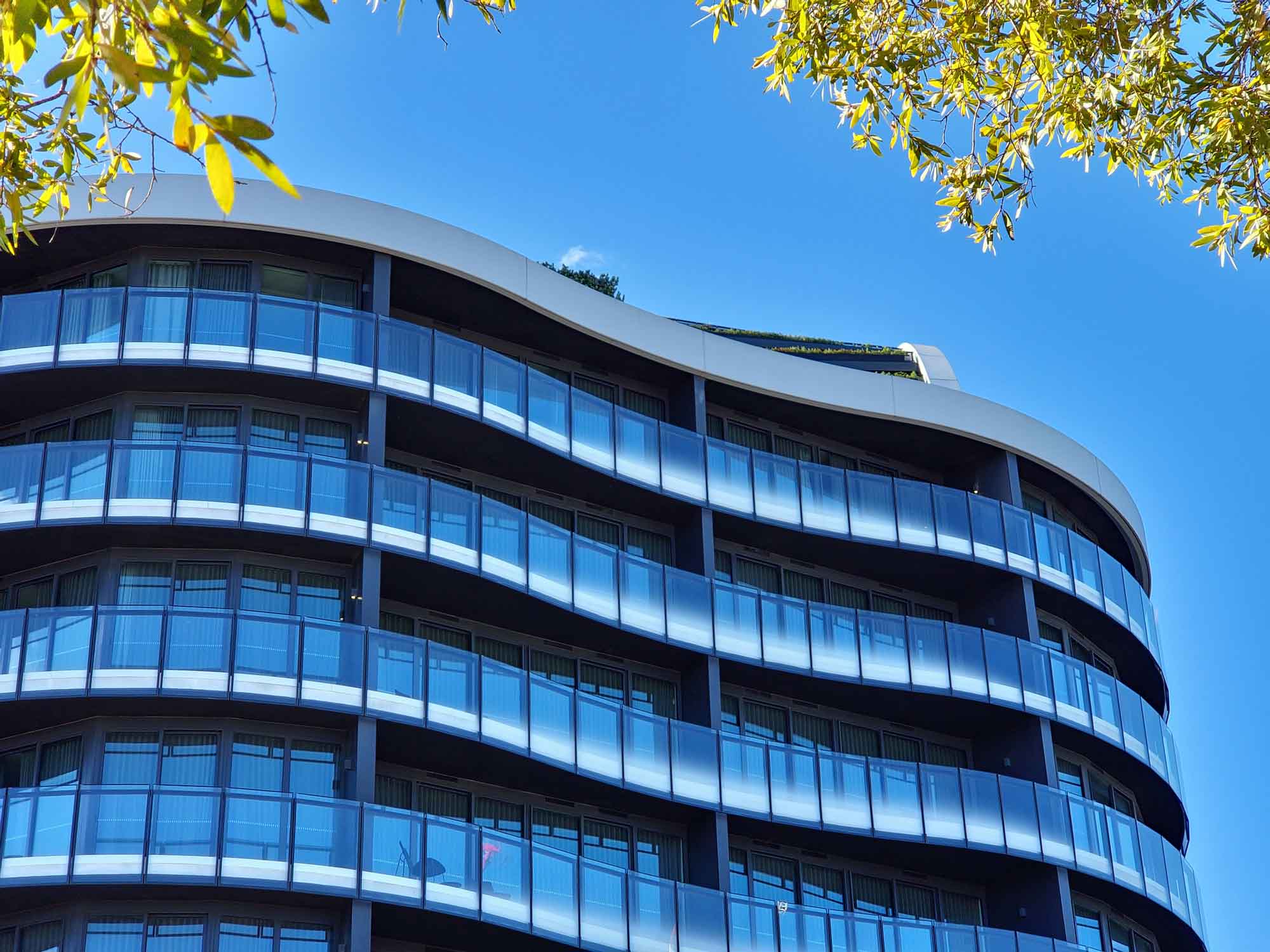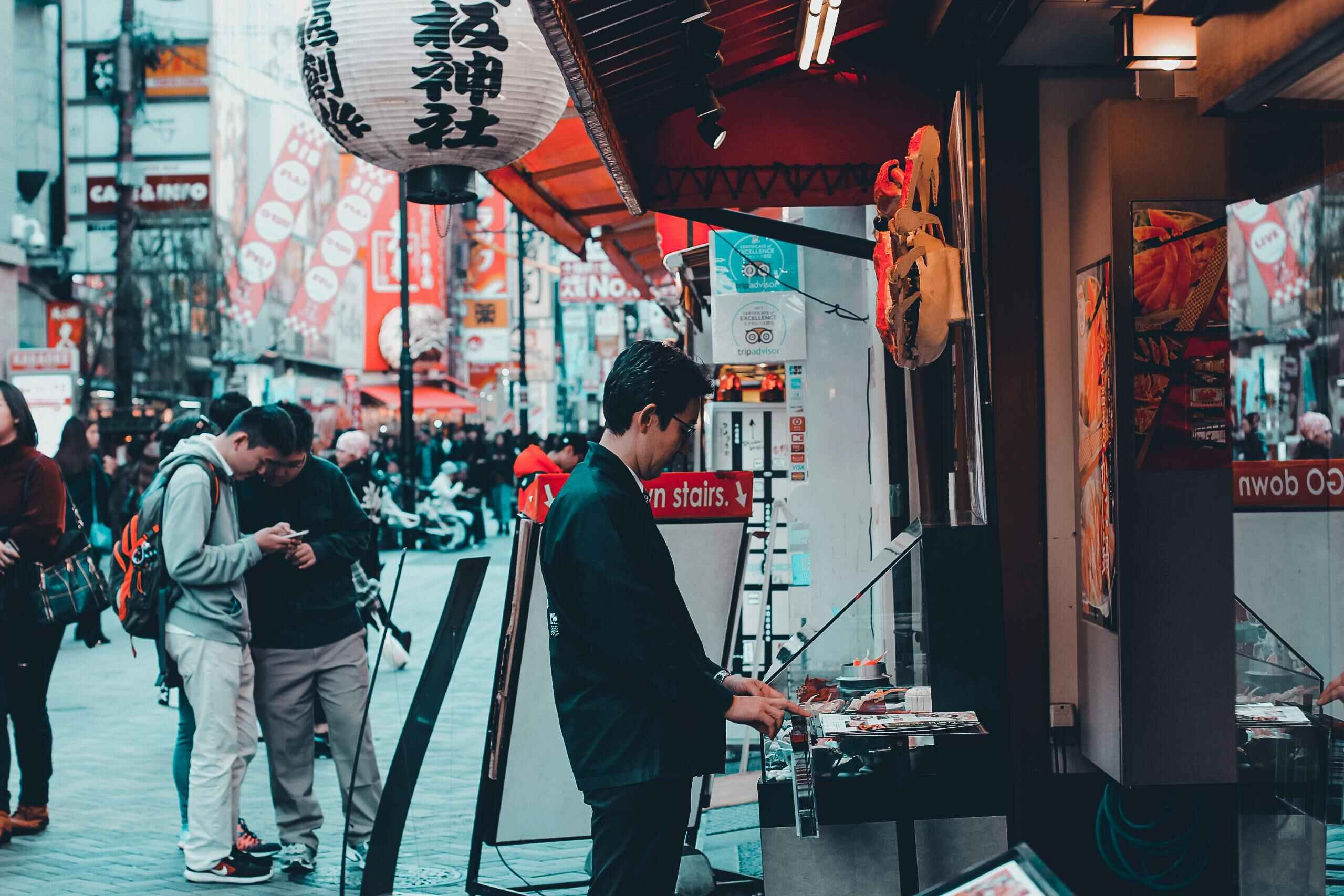Finding rental properties in Japan for just a few weeks or months can be challenging. Most leases are on an annual basis, with renewal fees every two years. While hotels and Airbnb are often the first options for short-term stays, their high costs can be a concern. This is why it’s worth considering temporary housing options in Japan, such as shared housing and weekly/monthly mansions (furnished apartments), which we’ll focus on in this article. While their rent may be higher than that of a typical apartment, these options are often more affordable than hotels, making them a viable solution for temporary housing while searching for a long-term rental.
This is why it’s worth considering temporary housing options in Japan, such as shared housing and weekly/monthly mansions (furnished apartments). These alternatives provide flexibility and can be more affordable than traditional hotels, making them a viable solution for those in need of short-term accommodations.
In this article, we’ll focus on these temporary housing options, exploring their features, costs, and suitability. By understanding the differences between shared houses and weekly/monthly mansions, you can find a comfortable place to stay while searching for your ideal long-term home in Japan.
Comparison Table
| Hotel Life | Share House & Weekly/Monthly Mansion | General Rental Properties |
|---|---|---|
| Expensive | Cheaper than living in a hotel, but more expensive than a typical rental property | The most economical choice for stays longer than a year, allowing you to maintain a private space |
| The length of your stay is up to you as long as the room is available | Contracts available on a weekly or monthly basis | Most contracts are for least two years |
| Long-term stay discounts may be available | Low initial cost | Many properties have high initial costs, including a security deposit equivalent to one or two months’ rent, as well as key money |
| No screenings required | No screenings required | Screening process required |
| Hotels may have a cancellation policy | You can change your residence on short notice (without a penalty) | Short-term stay penalties are common |
| Fully equipped with cleaning and other services available | Furniture and home appliances provided, no need to purchase and prepare them yourself | Furniture and home appliances are rarely provided, so you will need to purchase and prepare them yourself |
What Are Weekly/Monthly Mansions for Temporary Housing Options in Japan?
In Japan, a “monthly mansion” is a rental property that can be rented on a monthly basis, while a “weekly mansion” allows for rental on a weekly basis. These options offer more flexibility than standard rentals, and there are no penalties for short-term stays.
Although details vary by property, there are some common trends:
- Additional costs like utilities and cleaning fees may be charged separately.
- Most properties cater to single occupants, with fewer options for families.
- These properties are more common in major cities like Tokyo, Osaka, and Kyoto, but options are limited in other areas.
Weekly/monthly mansions are ideal for people who:
- Value their private space
- Want the flexibility to change their residence with short notice.
- Prefer to keep living expenses low until they find a long-term property they like.
What is a Share House for Temporary Housing Options in Japan?
A share house is a type of property where multiple people live together in one house, sharing spaces like the kitchen, living room, and bathroom. While details vary by property, many shared houses include utilities like electricity, gas, water, and internet in the management fees.
A shared house is ideal for people who:
- Want to expand their social circle and actively engage in communication
- Prefer to live with others who share similar goals and interests
Cost Comparison Reference Table
Although costs vary depending on the property, I’ve simulated the living expenses for two years under similar conditions, comparing general rental properties, monthly mansions, and shared houses.
Osaka Namba area 1 private room
| General Rental Properties | Monthly Mansion | Share House | ||
| Monthly Fee | Rent | 60,110 yen | 147,000 yen (7 months or more) | 55,000 yen |
| Management Fee | 8,890 yen | N/A | 15,000 yen | |
| Other Fees*1 | N/A | 15,730 yen | N/A | |
| Initial Costs | Security Deposit*2 | 30,000 yen | N/A | N/A |
| Key Money*3 | 80,000 yen | N/A | N/A | |
| Guarantee*4 | N/A | N/A | N/A | |
| Fire Insurance Premium*5 | 23,100 yen | N/A | N/A | |
| Brokerage fee*6 | 69,000 yen | N/A | N/A | |
| Other Fees*7 | N/A | 58,000 yen | N/A | |
| Others | Short-Term Penalty | 120,220 yen (equivalent to 2 month’s rent) | ||
| Average Monthly Costs: 6 Month Occupancy | 122,720 yen | 183,146 yen | 70,000 yen | |
| Average Monthly Costs: 1 Year Occupancy | 95,860 yen | 165,146 yen | 70,000 yen | |
| Average Monthly Costs: 2 Year Occupancy | 77,420 yen | 165,146 yen | 70,000 yen | |
*1 Neighborhood association fees, bank transfer fees, monthly security deposit, etc. (For monthly mansions, usage fees and long-term contract discounts are also included)
*2 Money deposited with the lender as collateral when signing a rental contract. It will be refunded upon moving out, though expenses such as restoration costs may be deducted.
*3 A one-time payment made by the tenant to the landlord, non-refundable upon moving out. Common in the Kanto area.
*4 Money deposited with the lender as collateral when signing a rental contract. Similar to a security deposit, it is generally refunded upon moving out, but certain amounts may not be refunded depending on the special terms of the contract. Common in the Kansai region.
*5 In many cases, fire insurance membership is required for move-in.
*6 A fee paid to a real estate agency that handles tasks like property viewing, negotiating contract terms, explaining key details, and completing the contract.
*7 Key replacement fee, cleaning fee, management fee, etc.
*The numbers provided are based on simulations and may vary depending on the area and floor plan of the property.
SUMMARY
Shared houses and weekly/monthly mansions are cheaper than staying in hotels and offer more flexibility than traditional rental properties. However, they can still be relatively expensive, so they are best suited as temporary housing while searching for a long-term rental.
It is important to note that the Japanese real estate industry has unique business practices, and proficiency in Japanese can be essential.
If you encounter any difficulties finding a place to live in Japan, please contact SUGEE Housing. Our company specializes in assisting international residents and has extensive knowledge and experience in finding housing. We offer comprehensive support, including housing search, procedural assistance, and language support tailored to your needs.
Photograph by Dominic Kurniawan Suryaputra via Unsplash


